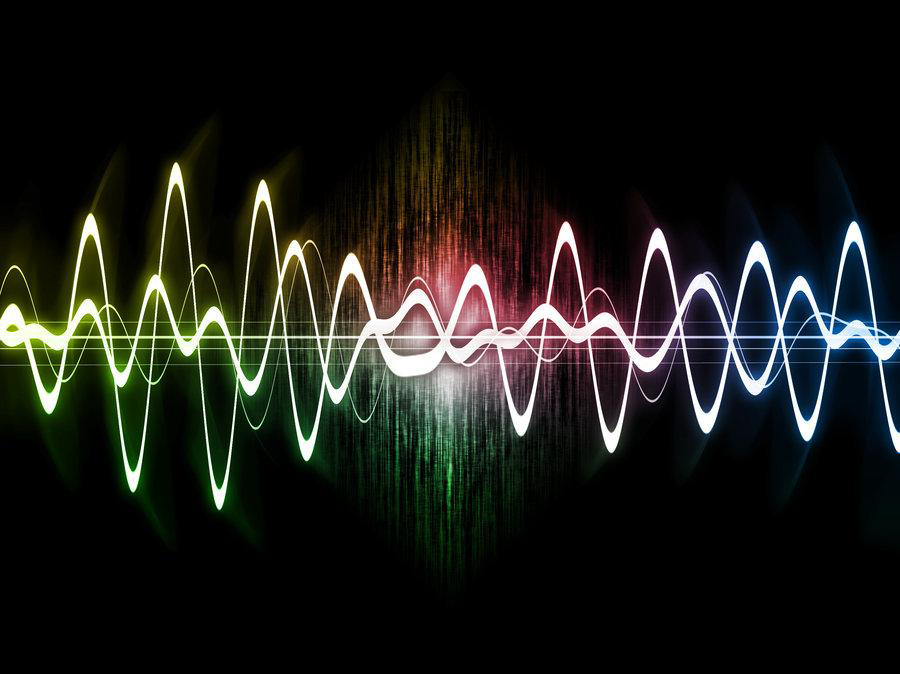Voice biometrics—the use of voice-recognition software to record and use your speech patterns as a unique “fingerprint” that can be used to identify you—will be increasingly standardized for government and businesses in the next two to three years
Everybody has a unique voice—and it can now be used to track you.
That’s the burgeoning field of “voice biometrics,” and businesses and governments are increasingly using the technology to track individuals—an estimated 65 million voiceprints are now in corporate and government databases, according to the Associated Press. And the technology is now widely available, and spreading rapidly.
Among the companies that AP identifies as using biometrics are Barclays Bank, mutual fund manager Vanguard Group, and Turkish cell phone provider Turkcell. On the government side, US law enforcement uses voice biometrics to track inmates and paroled offenders, the Internal Revenue Department in New Zealand currently has 1 million voiceprints on record, and South Africa’s Social Security Agency has tallied 7 million voiceprints.
Via AP:
Activists worry that the popularity of voiceprinting has a downside.
“It’s more mass surveillance,” said Sadhbh McCarthy, an Irish privacy researcher. “The next thing you know, that will be given to border guards, and you’ll need to speak into a microphone when you get back from vacation.”
The legality of voice recording differs from country to country. In the United States, voice recording falls under state, rather than federal law, and rules differ from state to state. In 38 states and the District of Columbia, “conversations may be recorded if the person is party to the conversation, or if at least one of the people who are party to the conversation have given a third party consent to record the conversation. In California, Connecticut, Delaware, Florida, Illinois, Maryland, Massachusetts, Nevada, New Hampshire, Pennsylvania, Vermont, and Washington State, the consent of all parties of the conversation must be obtained in order to record a conversation,” according to Wikipedia.
Consent, of course, may be given without much thought—it might easily be buried in, for instance, a phone company’s terms of service, or an “all calls may be recorded for training purposes” notice on a phone call you sleep through.
Within the next two to three years, it’s expected that more and more companies will begin standardizing the use of voice biometrics as passwords—you’ll just speak your name or a phrase into the phone to identify yourself, instead of a password.
Of course, once locked in, voice biometrics could conceivably be used to track individuals in public places, meaning that the use of cell phones to monitor and track individuals could be obsolete, giving way to simply tracking any spoken word as long as it’s in the range of equipment sensitive enough to identify voice biometrics.
The Electronic Frontier Foundation has been sounding the alarm about biometrics and civil liberties violations since 2003—in this case, facial recognition technology. Documents released by Edward Snowden this summer reveal that the NSA collects over 55,000 facial recognition quality images a day through global surveillance programs—through e-mails, texts, social media, videoconferencing and more. As the NSA has been demonstrated to track and record nearly all cell phone calls, it presumably wouldn’t be much trouble to use that information for establishing a covert voice biometrics database.
Watch what you say—anywhere.
via UltraCulture.com






